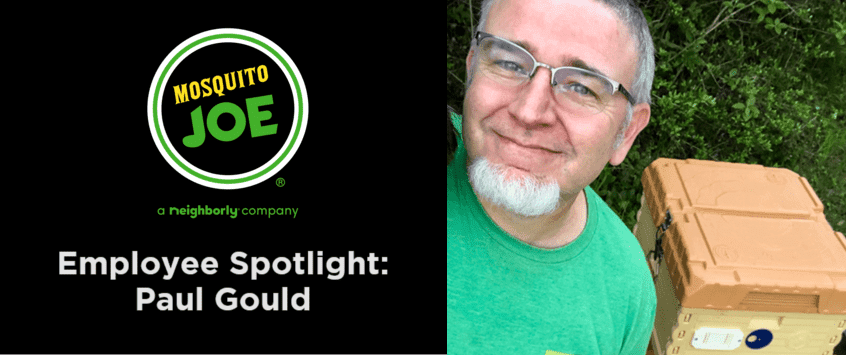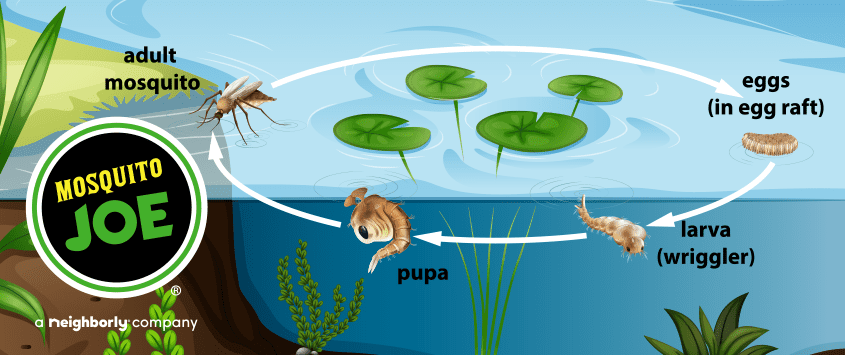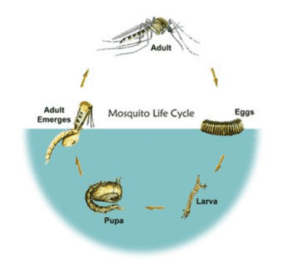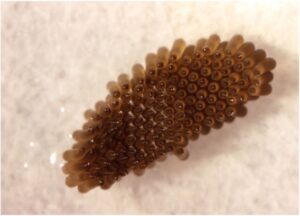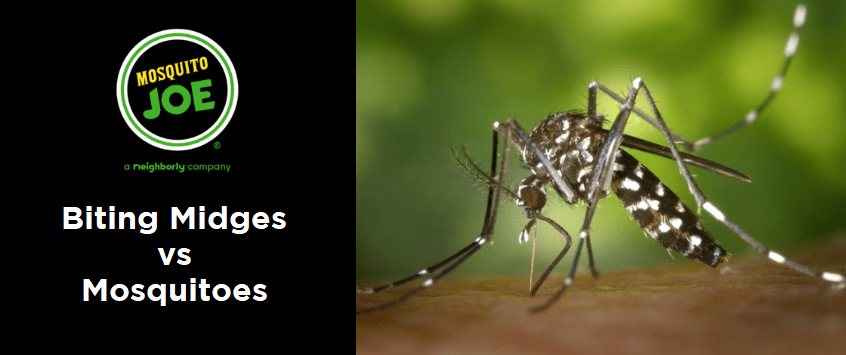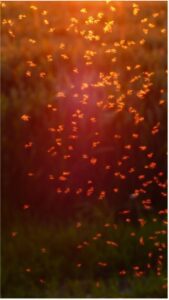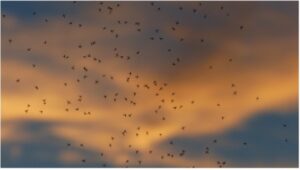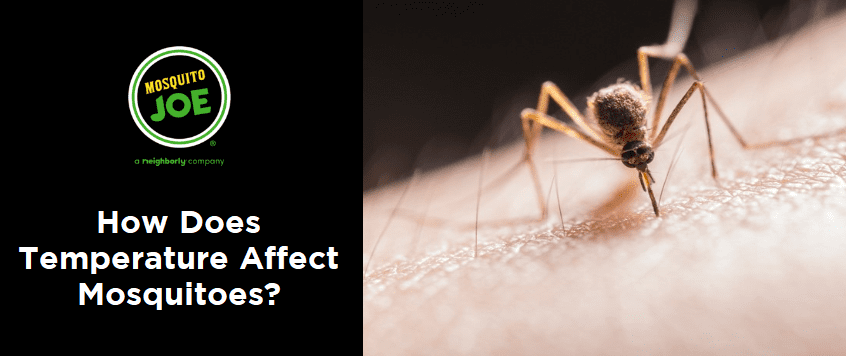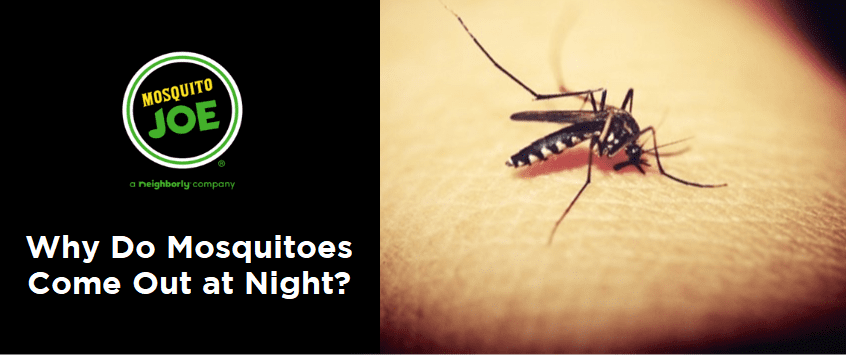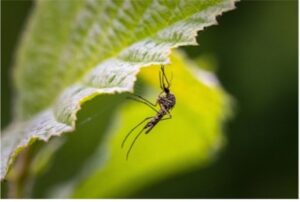Employee Spotlight: Paul Gould
Paul Gould
 Paul is one of the owners of Mosquito Joe of NW Houston and S Brazos Valley and has been our Mosquito Misting System technician since 2015. Prior to that, Paul serviced Montgomery, Harris, and Waller Counties, both as a firefighter and as a paramedic. He retired fully from Emergency Services 3 years ago to make Mosquito Joe his top work priority.
Paul is one of the owners of Mosquito Joe of NW Houston and S Brazos Valley and has been our Mosquito Misting System technician since 2015. Prior to that, Paul serviced Montgomery, Harris, and Waller Counties, both as a firefighter and as a paramedic. He retired fully from Emergency Services 3 years ago to make Mosquito Joe his top work priority.
What Made You Want to Open Mosquito Joe of NW Houston & S Brazos?
Well, Kate (my wife) and I were discussing what she could do after a partnership, that she was doing due diligence for, fell through. We thought about opening a business because both of us wanted to work for ourselves. We hired a franchise coach and after much investigation decided on opening a Mosquito Joe franchise. Neither of us regrets it.
What’s One Word to Describe Your Time at Mosquito Joe?
I think I can describe it in a few words, but not one. Difficult, satisfying, empowering, and fun.
Do You Have a Favorite Customer Story?
There are so many. I am a bit of a sports fan and have been lucky enough to have a famous MLB Baseball player and a famous NFL Football coach as customers. I also love it when a customer calls to sign up and says, “I’m sure this won’t work.” Then we get to prove them wrong.
What Is One Fun Fact About You?
When I was a young man, I dreamed of being an actor and a photographer.
Do You Have Any Hobbies?
Beekeeping, fishing, and doing what Kate wants me to do.
What Are Some of the Most Common Misconceptions About Misting Systems?
I think the biggest misconception is that a Mosquito Misting System is always the best way to get rid of mosquitoes. The truth is it depends on the property and the mosquito pressure on that property. Technology these days gives us many options to control mosquitoes. We can customize these options to give the customer the level of control they want at the price they want to spend.
What Is a Typical Day at Mosquito Joe Like?
For me, there is no typical day. I’m the Jack of all trades for our company. I may treat customers’ yards with our Barrier Treatments one day then fill and repair Mosquito Misting Systems the next. I may have a day helping in the office or in the shop ordering supplies and repairing mist blowers. Throw the occasional trip to the bank and the recycling center in the mix. I’m not the best at anything, except maybe anything having to do with Misting Systems, but I’m pretty good at most things. We are lucky to have the best technicians and office staff in the industry that are the best at what they do.
What’s Your Best Piece of Advice for Someone Wanting to Control Mosquitoes in Their Yard?
Well, other than calling Mosquito Joe. I would recommend being very diligent in keeping standing water to a minimum in your yard. Keep buckets, kid toys, plant saucers, wheelbarrows, tarps, and the like clear of standing water. That won’t keep you mosquito-free, but it should greatly reduce the numbers on your property.
Give Mosquito Joe of S Brazos Valley a call today to learn more about our mosquito control and other outdoor pest control services!
 Outside is fun again.
Outside is fun again.
